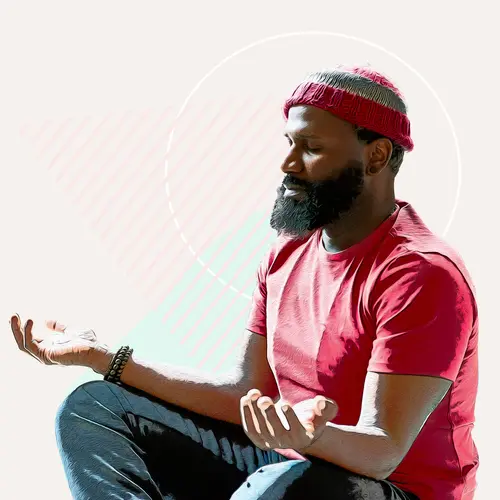It’s late, but rather than sleeping you’re devouring yet another negative story online. When you binge on news or social media content about troubling things -- like a tragedy, crisis, or disaster -- it’s called doomscrolling or doomsurfing. Lots of people have done it.
As you might guess, it’s possible for all that bad news to take a toll on your emotions and more. Doomscrolling can send your mind racing and lead to burnout. It can also make you feel uncertain, anxious, or distressed. And those feelings can steal your sleep, appetite, motivation, or desire to do things you usually enjoy, research suggests.
If you’ve had mental health conditions like anxiety and depression, it’s also possible for doomscrolling to lead to panic attacks, one expert says.
Here’s a closer look at this widespread habit and how to nip it in the bud.
Who’s More Likely to Doomscroll?
Anyone can spend too much time getting lost down the rabbit hole of negative online news and social media. But one study suggests that:
- Men are slightly more likely than women to doomscroll.
- Younger adults are more likely than older adults to do it.
- People who closely follow or participate in politics are more likely to doomscroll.
What Makes Us Want to Doomscroll?
Lots of us try to stay up to date on current events that concern or affect us, like the COVID-19 pandemic, weather-related disasters, mass shootings, and tribal politics. But routinely overdoing it can create problems.
One study suggests that news viewing becomes a problem when you get absorbed in the content, you check it over and over, and it interferes with your daily life somehow.
Some things that may lead to doomscrolling are:
- You feel upset about something in the news, so you look for information that confirms how you feel. You may risk ignoring or dismissing relevant info that doesn’t back up how you feel.
- While searching for positive or upbeat news, you get caught up in a sea of negative stories.
- You try to stay on top of the news so much that your mind goes into autopilot mode, and you start scrolling out of habit.
- You feel down, so you spend more time online than usual to try to lift your mood. (In reality, this could make you feel worse in the long term.)
One expert says obsessive-compulsive disorder (OCD) can also cause to people to doomscroll. If you have this mental health condition, your mind may fixate on a certain topic, and you might doomscroll to try to ease your anxiety about it. Treatment like cognitive behavioral therapy (CBT) may help you break this cycle.
How Can You Cut Back on Doomscrolling?
You can take steps like these:
- Limit yourself to using social media and reading news during set times during the day. You could set an alarm to let you know when time’s up.
- Set your news and social media apps to send you fewer notifications.
- Think about limiting how many online sources you read each time you go online. Consider unfollowing the ones that stress you out too much.
- The next time you realize you’ve logged online without thinking, make a mental note of it. There’s no need to judge yourself for it -- just be aware. Overtime it might become less of a mindless habit.
- If you catch yourself doomscrolling, take a few moments to notice how you feel. If you’re feeling sad, stressed, or agitated, that’s your cue to take a break and go offline.
- If certain posts make you worry about the worst possible outcome of a current event, ask yourself if there’s another possible outcome that’s more realistic and less disastrous.
- Try to refocus on what’s actually happening right now in the present. Mindfulness meditation might help.
- Scroll more slowly. Flying through your news or social media feed won’t do your attention span or your racing mind any favors.
- Power down your devices at least 2 hours before you go to bed. Think about keeping your phone or tablet out of the bedroom, too.
- Do real-world things that take you offline. Spend time with family and friends, tackle hobbies you like, and get exercise.
If you doomscroll a lot and you think you might have anxiety or depression, reach out to your doctor or a mental health professional. Treatment and support could help you feel better.

